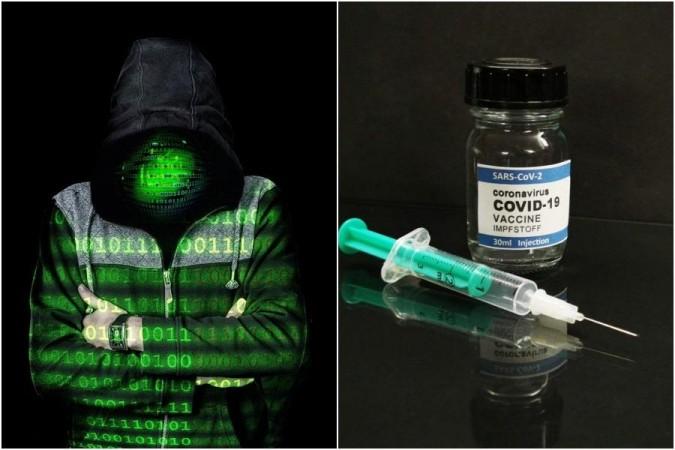Top UK security agents have apparently informed the government that a Russian spy has stolen the formula of Oxford vaccine against Covid, which ultimately helped the country to develop their own Sputnik V vaccine.
UK security services allegedly told ministers that they have solid proof of an agent who infiltrated the pharmaceutical company and stole the formula and blueprint of the Covid vaccine, The Sun reports.

Cyber attacks becoming more sophisticated
Last year, late security minister James Brokenshire had claimed that state-sponsored hackers from Russia had tried to target drug companies in the United States, United Kingdom, and Canada.
As the report published in The Sun went viral, Home Office minister Damian Hinds revealed that cyber attacks are becoming more sophisticated. However, he did not confirm the role of Russian spies in stealing the vaccine formula and blueprint.
"We live in world, I am afraid, where there is state activity seeking to engage in industrial espionage and economic espionage, there are cyber attacks that happen and so on. I won't comment on the specific case that you mention because that wouldn't be right to do in detail, but it would be fair to say, correct to say, that we face threats of this type that are different, they are more sophisticated, they are more extensive than they ever have been before," Hinds told LBC.
How Russia reacted last year?
Following the comments made by James Brokenshire last year, Russia had strongly reacted, and they denied the allegations made by the late security minister.
"The British say that they are almost certain, or 95 percent, confident in what they say. Why not 96 percent? Or 94 percent? It seems their security services have very peculiar calculation methods," said Dmitry Peskov, the Kremlin spokesperson.
Earlier, another report from Reuters suggested that North Korean hackers had also tried to target the Covid vaccine project led by the University of Oxford and AstraZeneca last year. These hackers disguised as recruiters and approached employees in AstraZeneca via LinkedIn and WhatsApp.

















